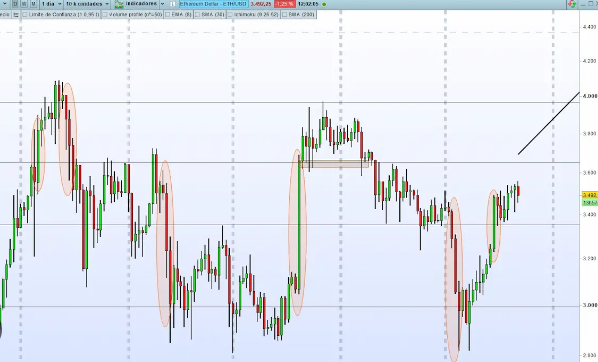The Role of Big Data in Forex Trading
Big data has increasingly become a valuable tool in forex trading, enabling traders to make more informed and data-driven decisions. Here are some key roles that big data plays in forex trading:
- Market Analysis: Big data allows forex traders to analyze vast volumes of historical and real-time market data. By leveraging sophisticated algorithms and data analytics tools, traders can identify patterns, trends, and correlations that may influence currency movements. This helps in making more accurate predictions and informed trading strategies.
- Sentiment Analysis: Big data techniques can be utilized for sentiment analysis by analyzing social media posts, news articles, and other textual data related to the forex market. By gauging market sentiment and public opinion, traders can gain insights into how market participants perceive certain currencies, events, or economic indicators. This information can help in understanding market dynamics and making timely trading decisions.
- Algorithmic Trading: Big data analysis forms the basis for algorithmic trading strategies. By utilizing historical market data, traders can develop complex algorithms that automate trading decisions. These algorithms can analyze numerous market variables, execute trades at high speeds, and react to changing market conditions in real-time. The use of big data in algorithmic trading improves efficiency, speed, and precision, allowing traders to take advantage of market opportunities.
- Risk Management: Big data can assist in building robust risk management strategies. By analyzing historical market data and evaluating risk models, traders can identify potential risks and implement risk mitigation measures. Big data analysis helps in quantifying risk, setting appropriate stop-loss levels, and optimizing trade positions based on risk-reward ratios. This allows for better risk management and protects traders from significant losses.
- Backtesting and Optimization: Big data facilitates backtesting, which involves validating trading strategies using historical data. Traders can analyze large amounts of historical market data to assess strategy performance, profitability, and risk profiles. By identifying strengths and weaknesses, traders can optimize their strategies and improve future trading outcomes.
- High-Frequency Trading: Big data is crucial in the world of high-frequency trading (HFT). HFT involves executing a large number of trades at extremely high speeds based on real-time market data. By leveraging big data technologies and infrastructure, HFT firms can process and analyze vast amounts of data in microseconds to make rapid trading decisions. Big data allows for quick data capture, analysis, and trade execution, enabling traders to take advantage of even the smallest market fluctuations.
Big data has revolutionized forex trading by providing traders with access to vast amounts of information, analytics tools, and automation capabilities. By utilizing big data analysis, traders can gain valuable insights, make more informed decisions, and improve trading strategies in the dynamic and fast-paced forex market.













5 comments